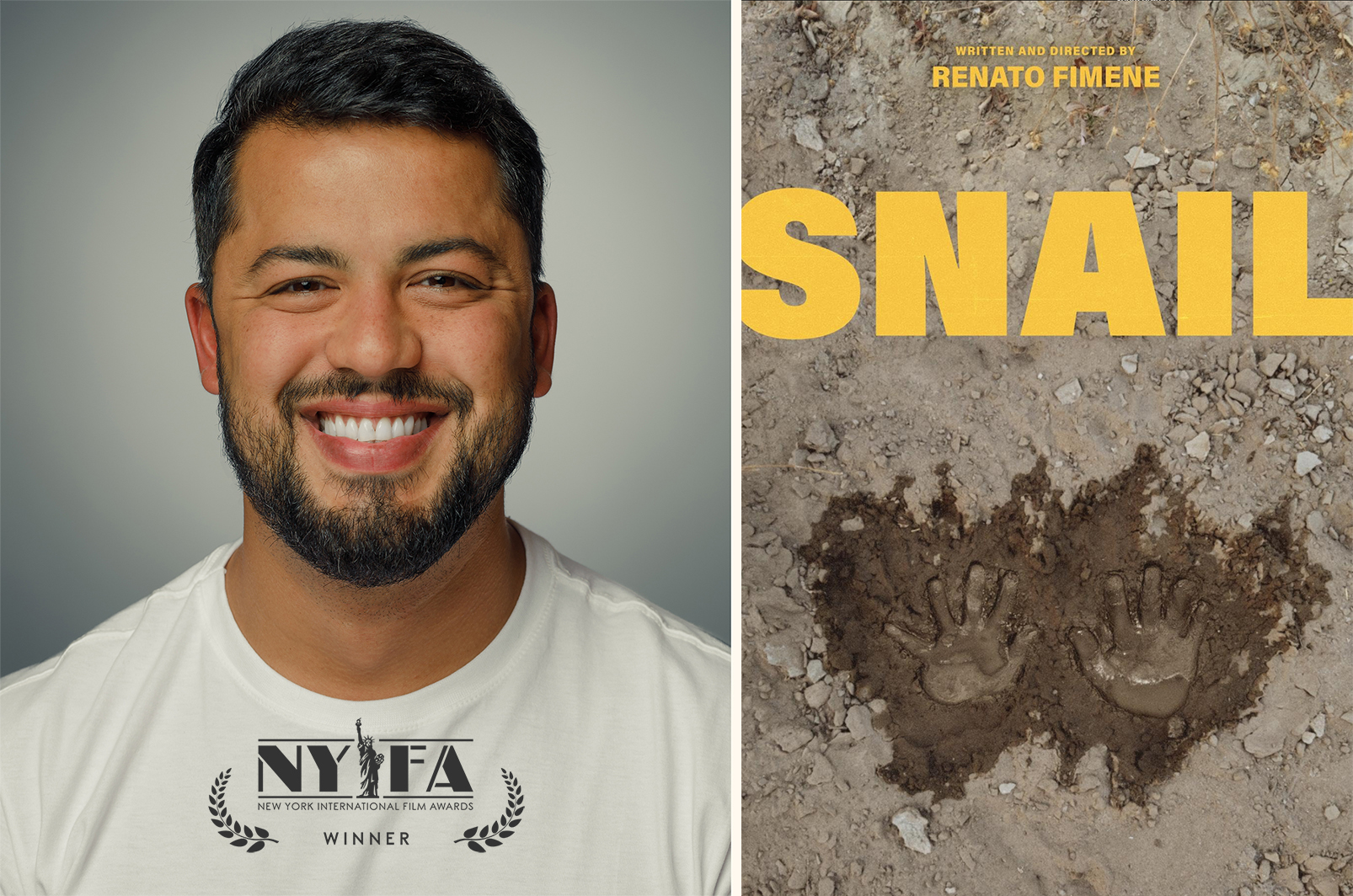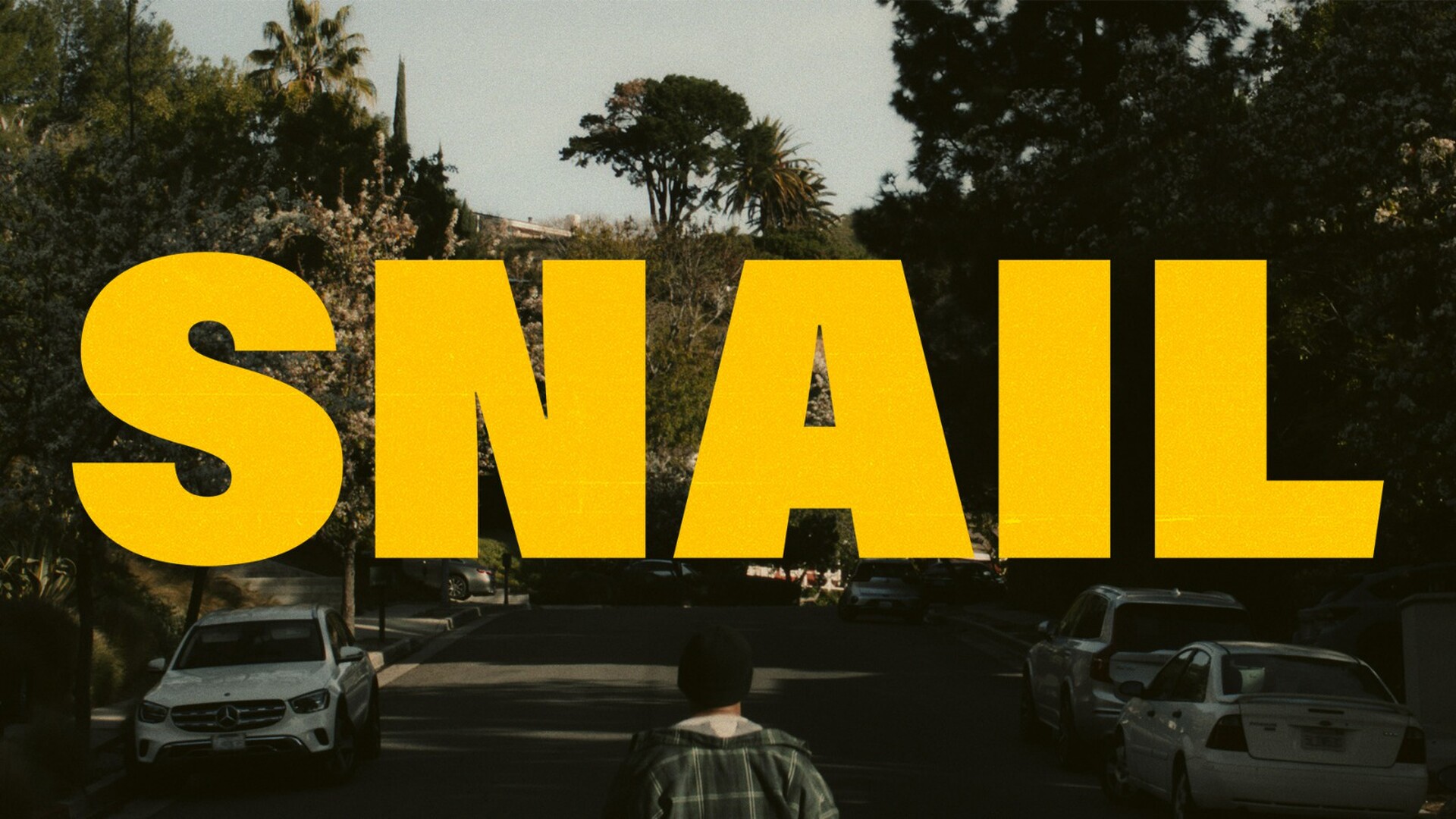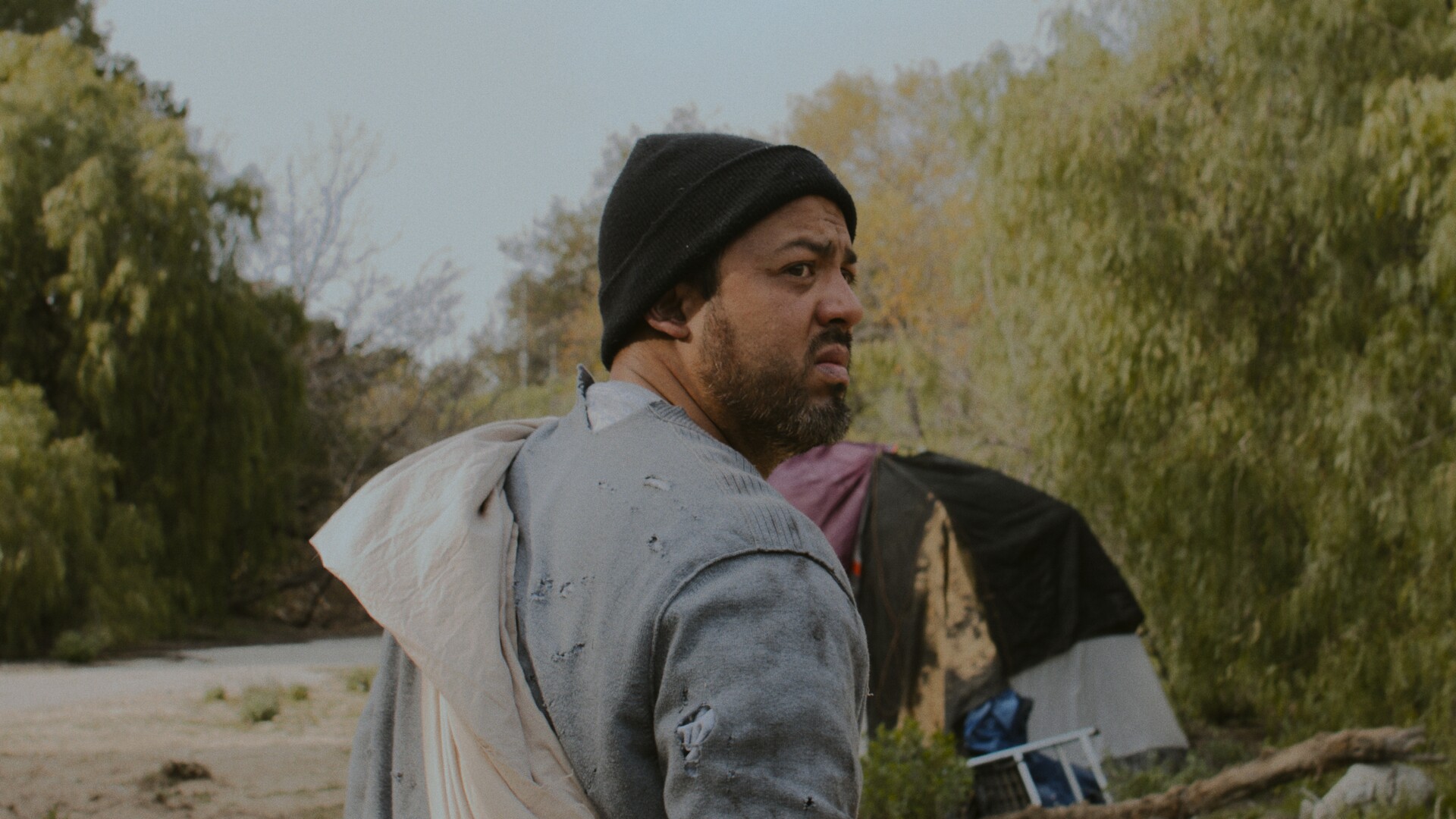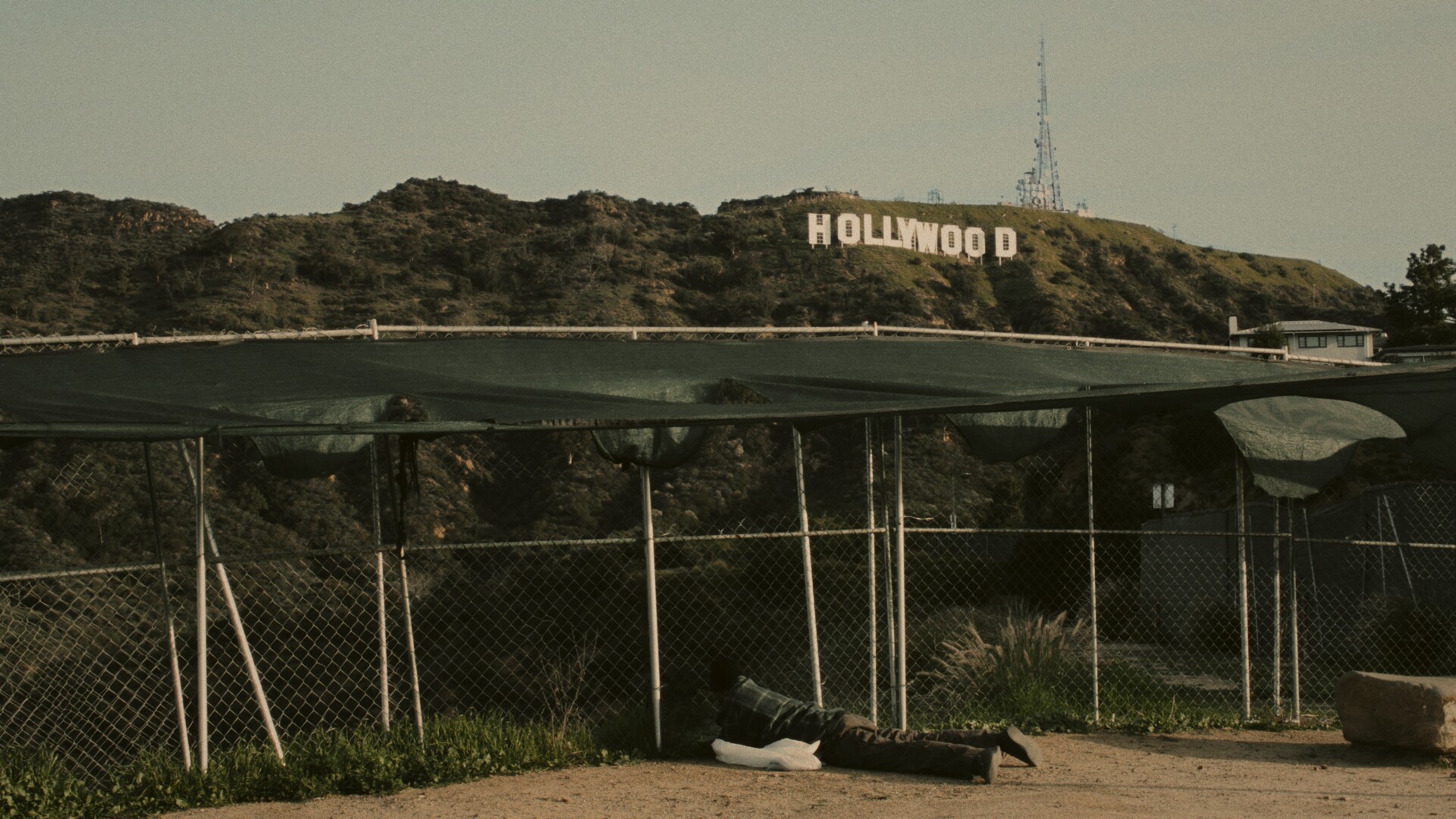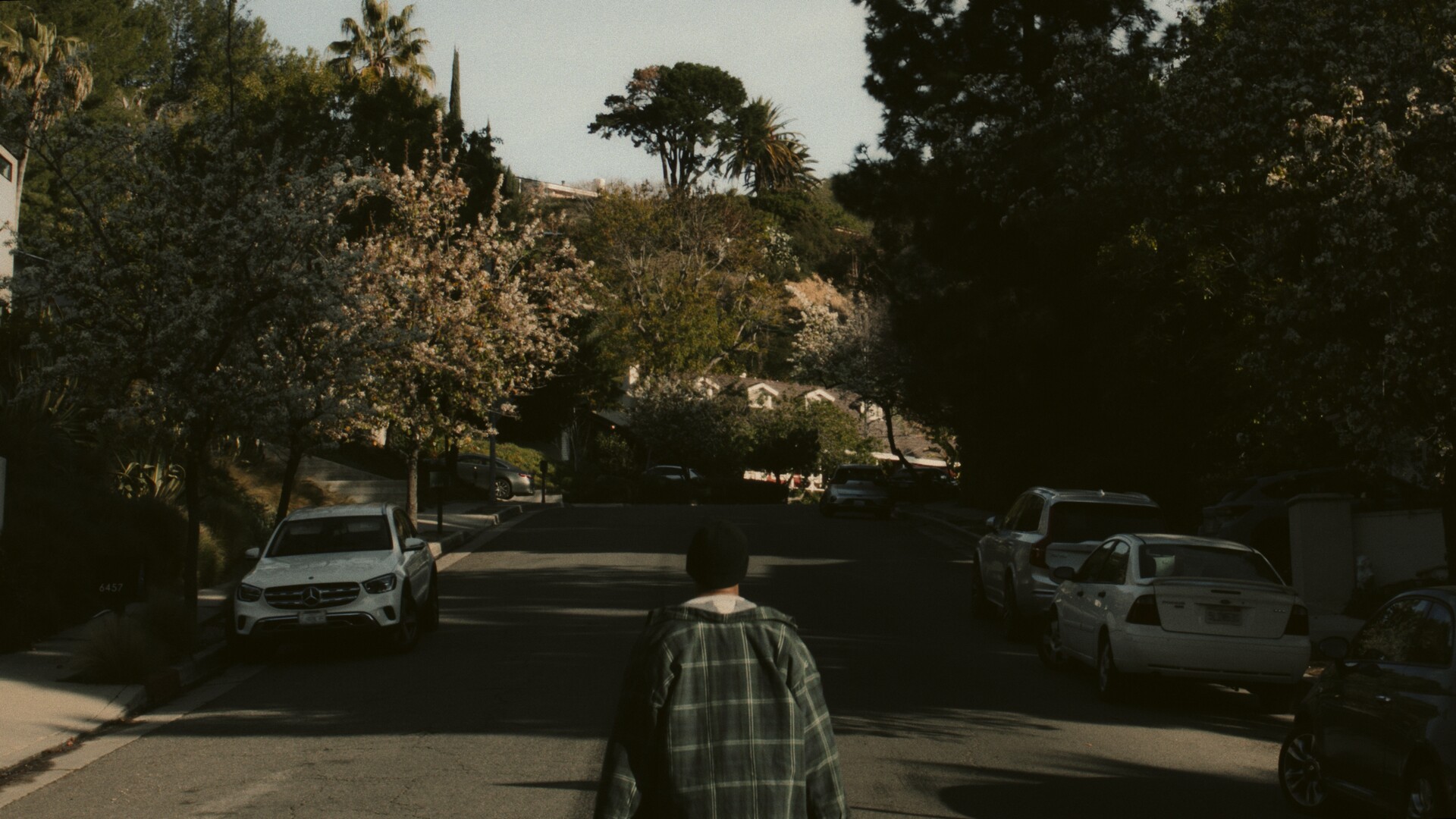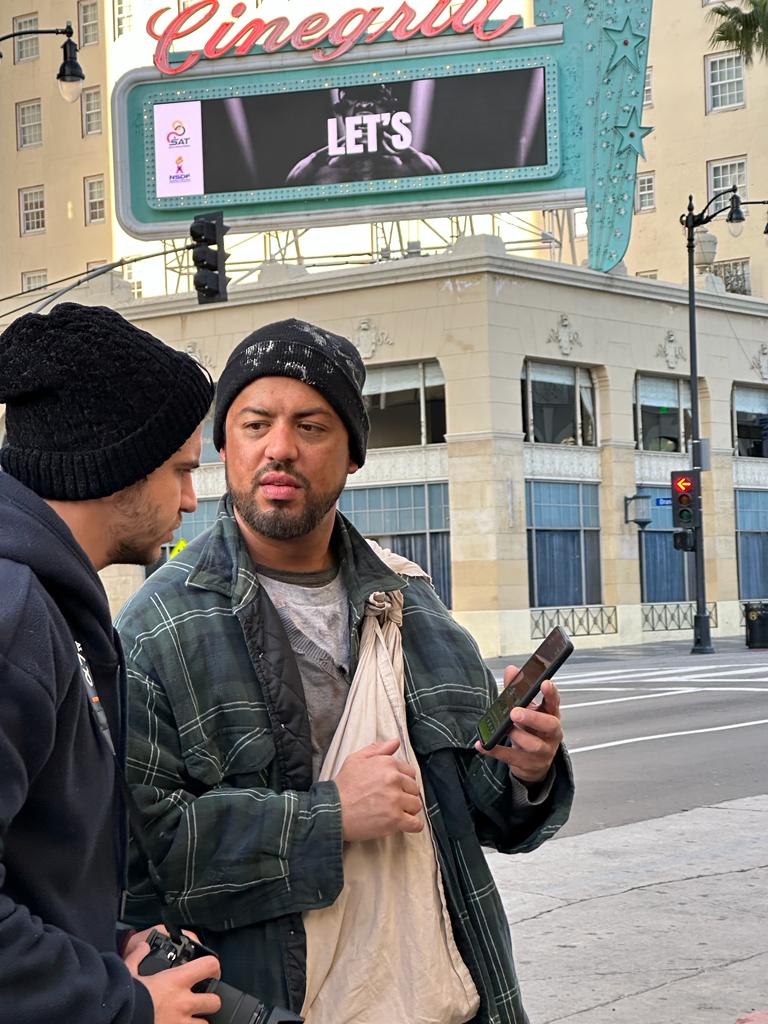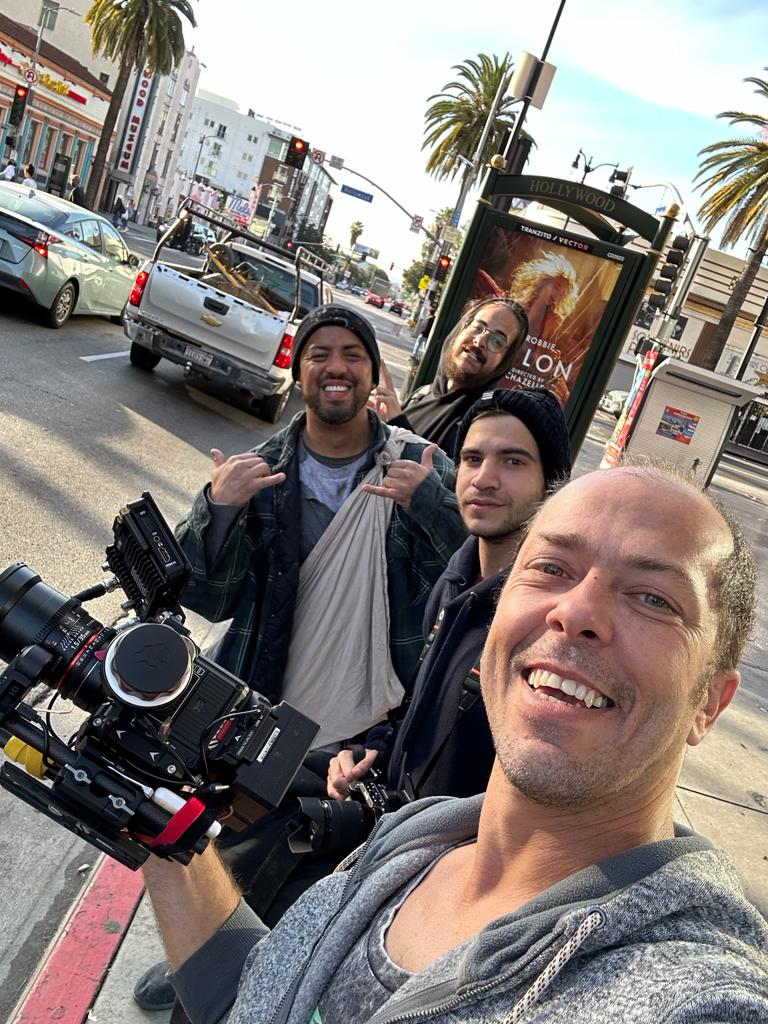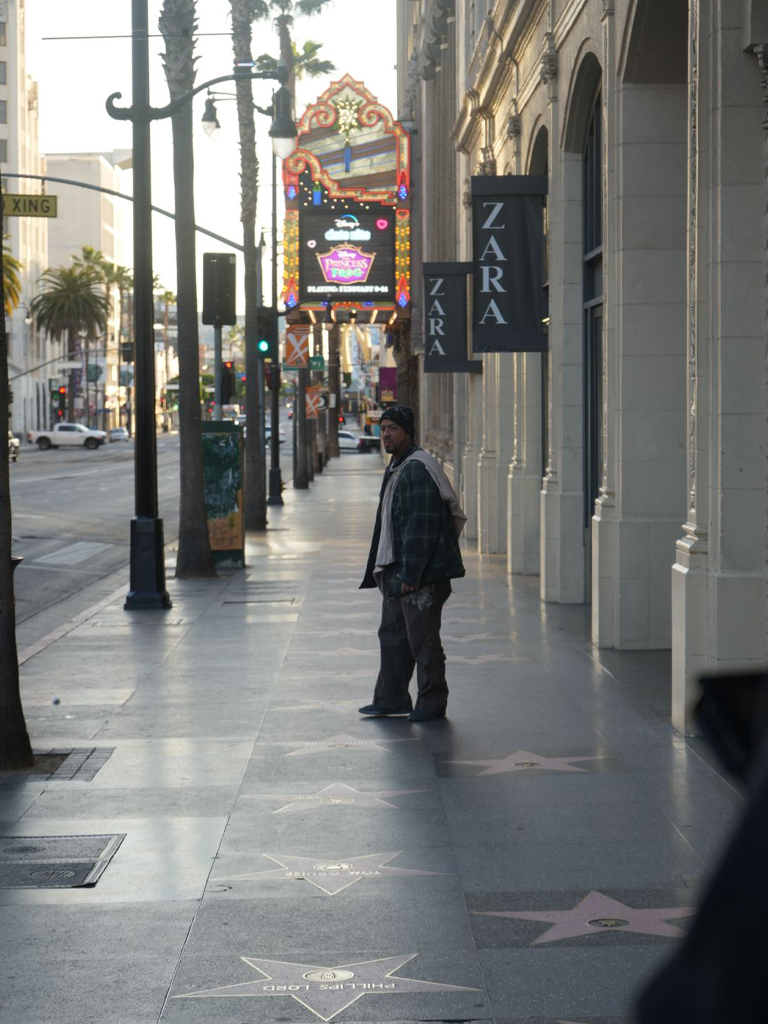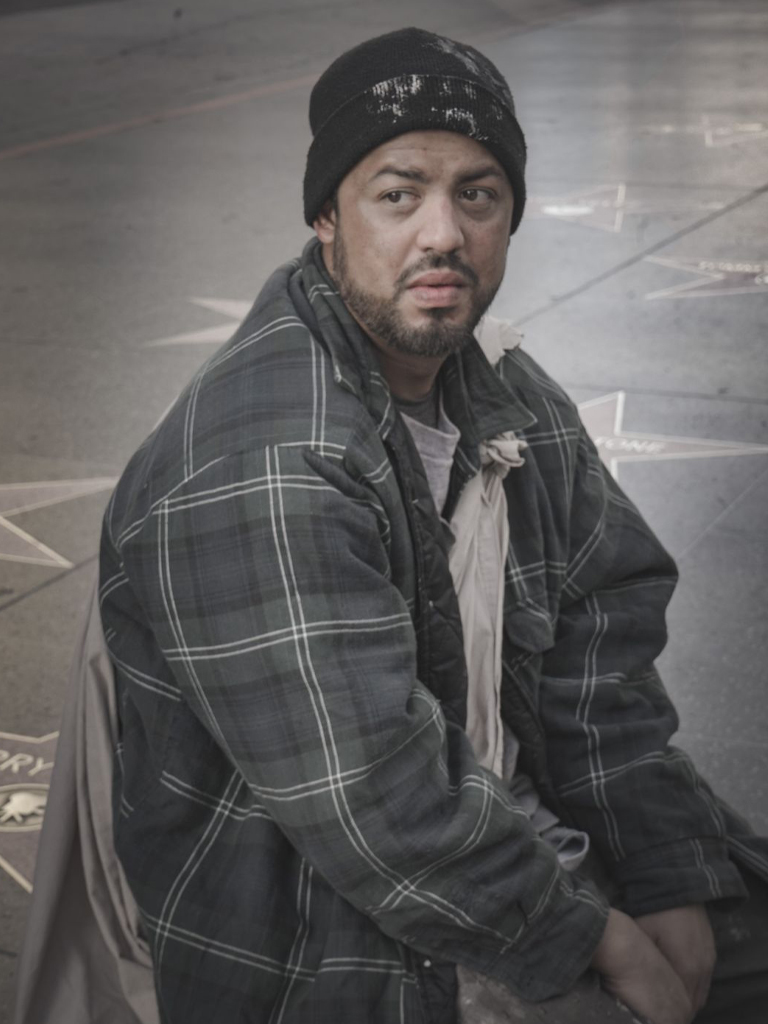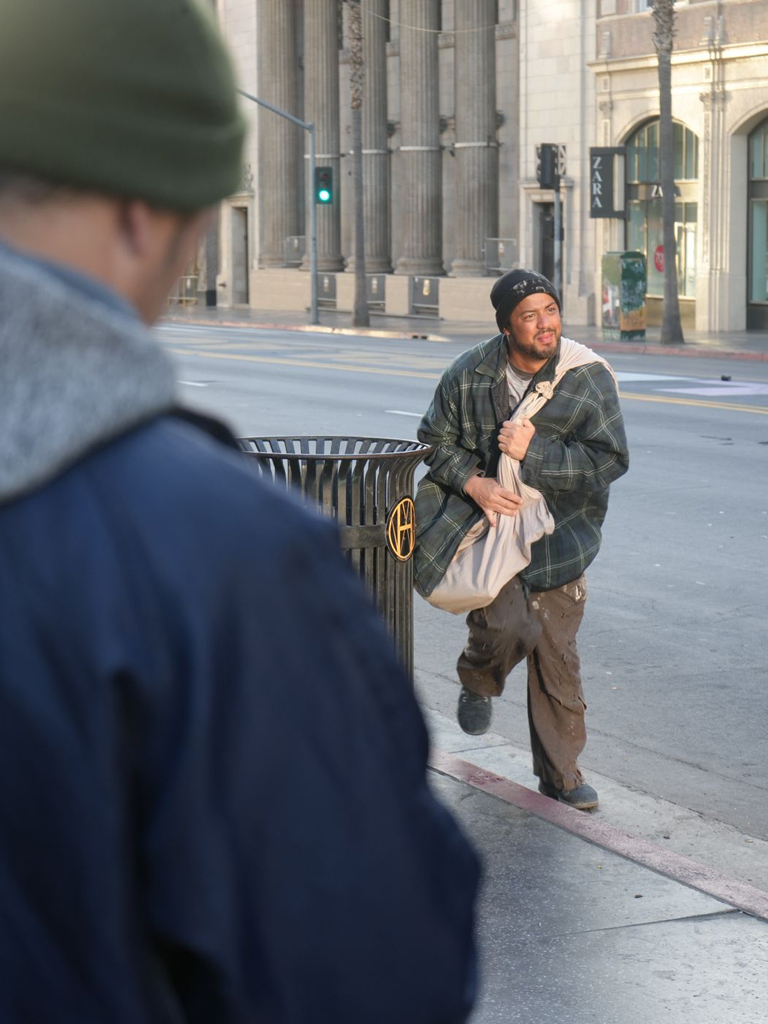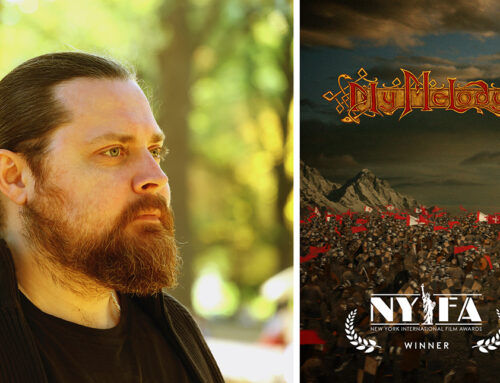VIP Interview with Renato Fimene, writer, producer, director and lead actor of the Award Winning Short Film ‘SNAIL’
Today we introduce Renato Fimene, the talented actor, director, writer, and producer of the short film SNAIL. In this interview, we talk about Fimene’s background in Brazil, the inspiration behind the script, and how “the city of possible dreams” can become the city of “broken dreams”.
Hi Renato! You began your career as an actor; can you tell us what brought you into the acting world?
Absolutely, my journey into the world of acting has its roots in my childhood in Brazil. As a kid, I was brimming with creativity, constantly immersed in imaginative play and storytelling in everything I did – we played a lot in the streets with balls, toys we made ourselves, Brazilian cultural games and saw and experienced a lot of bad things too. Growing up, I found inspiration in my day-to-day experiences, and it fueled my desire to express myself through the art of acting as I grew.
I didn’t know that I wanted to be an actor exactly, but when I saw a friend from high school acting in plays outside of school, that became an inspiration to me. However, it was only while I was studying Business at University that I started studying arts and theater specifically. I realized that my true passion lay in the world of arts. I felt a deep yearning to explore the realm of emotions and narratives, and that’s when I made the decision to transition from the corporate world to follow my heart and embark on a career in acting.
The journey has been incredibly rewarding, allowing me to tap into that innate creativity and connect with audiences on a profound level. It’s a decision I’ve never regretted, as acting continues to be a source of fulfillment and self-expression in my life.
Renato, you are not only the lead actor but also the director, writer, and producer of the short film SNAIL. How challenging has it been for you to cover all these roles at the same time?
Taking on all these roles for SNAIL has undoubtedly presented its share of challenges, but it’s been an incredibly rewarding experience. The decision to wear multiple hats in this project stemmed from a deep-seated desire to tell a particular story, one that I felt compelled to share with audiences and something that has shocked me greatly wherever I go in the world. Having never taken on such a comprehensive role in the USA before, it was both an exciting and daunting prospect.
I had the story in my heart, a narrative that I believed in and was passionate about bringing to life – and that is the most important point; do something and tell stories that we are passionate about. To navigate the unfamiliar terrain, I sought out and collaborated with talented professionals who shared my vision. Because of my experience as a producer in Brazil and all my experience behind the cameras, I was able to leverage my skills in connecting various aspects of the production process. I confess that the most important part was avoiding excess dialogue and working on putting the character on stage. This background proved invaluable in ensuring that all elements of the film came together seamlessly, with a profound respect for the narrative I aimed to convey.
While the challenges were undeniable, the process allowed for a holistic and authentic approach to storytelling. We were supposed to record in a week, but we ended up recording in two days. I confess that it was quite challenging, but I focused on balancing planning, effective communication, and a deep understanding of each facet of filmmaking. In the end, the journey has been transformative, and the challenges only served to strengthen my commitment to the story and the craft of filmmaking.
Where does the inspiration of “SNAIL” come from? When did you start writing it?
We are all the sum of our formative experiences. SNAIL comes from something that has always destabilized me: the lack of housing, the deprivation of basic needs, and the tremendous inequality in the world. Brazil was a great source of this story, which permeates my condition as a Latino immigrant in the USA. So, this writing took place in every pore of my body. The script for SNAIL itself I started writing five years ago when I moved to Los Angeles and came across “the city of dreams” and its more than seventy-five thousand people living on the streets. And I kept thinking that human beings who become homeless cease to be human in a society that swallows and marginalizes them. They lose their humanity, they become something that everyone sees, everyone finds strange, but they are no longer considered “equal” human beings. The person is dehumanized by their surroundings. And how do you become aware of your own existence? What distances us? We are all subject to realities like this and we must think, reflect, and talk about all of this, but above all, act. That was my way of acting, through art.
Who are the actors that currently inspire you the most?
Every new work I see, I come across incredible actors who inspire me. To name a few: Viola Davis, Javier Badem, Adriana Esteves, Wagner Moura, Penelope Cruz, Joaquin Phoenix, Laura Patalano, Eugenio Derbez, Natalie Portman, Adam Driver, and several others who have not yet had their opportunities in the mainstream.
The director Renato Fimene and the official poster of ‘SNAIL’
You are a multi-lingual filmmaker and actor, as you speak Portuguese, Spanish, and English. How did being a polyglot influence your career? How important are languages in cinema?
It influences my consumption of art from other cultures and especially the opportunity to work in other countries in Latin America. I dream of acting in some Mexican and Argentine production. I have just started my career in the United States, and I have a lot to live up to as the dynamics work differently than in Brazil, but languages are very important in the world of cinema because it connects you to other cultures and work possibilities.
What’s your dream project?
My current projects are always my dream projects. I have a passion for cinema, and I want to live and do everything possible (laughs). I want to invite people to think about our human condition and how we impact the world.
The film deals with the topic of homelessness in Los Angeles. Can you tell us more about the research and the preparation involved in tackling such an important issue?
Delving into the sensitive and pressing issue of homelessness required a thorough and empathetic approach. In my preparation, I immersed myself in various facets, seeking more than anything, to show a human being who dreams, in the “city of possible dreams” and the experience of an individual facing homelessness.
To capture a nuanced perspective, I engaged in research by reading newspapers, watching documentaries, and conducting interviews that shed light on the multifaceted challenges of homelessness in Los Angeles. Additionally, I consulted a 2023 research report from the Los Angeles Homeless Services Authority, USC, and USF, which provided valuable data-driven insights into the issue, and I was able to put my eye and my art behind this data.
However, beyond the statistics and stories, my primary goal was to humanize the narrative. I wanted to tell the story of a human being navigating the hardships of homelessness while striving to pursue their dreams. The film seeks to highlight the resilience, strength, and aspirations of individuals facing homelessness, highlighting their shared humanity.
It’s important to acknowledge that the interpretation of the film and its impact on the audience is not an absolute truth and will be influenced by their own perspectives, experiences, and references. This recognition underscores the beauty of art; it allows for a myriad of interpretations, fostering empathy and understanding across diverse audiences. I wanted to create a film that resonates on a personal level and encourages viewers to reflect on their own perceptions and biases.
Los Angeles is widely known as the “city of dreams”, a dream that many times is crushed by the reality of extremely expensive rents, housing crisis, homelessness, low income, drug addiction, etc. making it more the city of “Unfulfilled dreams”. Nevertheless, Daniel still dreams of the Hollywood sign and of his own footprints on the sidewalk. Why is that?
Daniel continues to dream and that’s the most important part. How can you dream when you don’t have a house to live in, what to eat, or a hot bath? The choice of the Hollywood sign and footprints on the sidewalk are analogies of him trying to find his place as an individual in society. He sees these “shapes and symbols” and doesn’t feel represented: there’s a Wall between him and the Hollywood sign and his hands and feet don’t fit in the ones printed on the Walk of Fame. So, he decides to create his own place in the world.
Can you tell us more about your new company: Brala Media?
BRALA Media was born from the need to produce independently and add my experiences to future work. BRALA and SNAIL are monozygotic twins and they both have a beautiful road that is being built.
The title, Snails, is such a perfect choice for the film. Snails carry their houses with them and use them as a form of protection. The original title of the film however is Escargot, and it makes us immediately think about the delicacy and the luxury of French cuisine. When did you first think about this title? And do you feel some of the meaning gets lost in translation in the English title?
This is a great question. Initially, the title of the film was Dreams, but it didn’t translate what I wanted to convey: a human being who walks with his experiences, fears, dreams, anxieties, and needs wherever he goes. In other words, what is most important to you, and that shapes you. When I was creating the character, thinking about characterization, I thought about a Snail and researching, I saw that Snails respond to chemical stimuli in their environment and protect themselves from toxic substances by avoiding them – the perfect analogy for Daniel’s story. The translation process is something very delicate because while we want to reach the most varied audiences and continents, it requires an interlocutor, and that is, in itself, a process that means that something gets somehow lost. The difference between SNAIL and Escargot is that the latter would be edible and would give a different reading to the film’s title: a society that swallows you. Maybe when we perform in French-speaking countries we will have some reading about this.
What a powerful monologue you deliver toward the end of the film. How did you prepare and what’s your creative process when working on a new role?
Thank you very much. My preparation comes through study, trial and error, and putting myself in the present moment. After having intensely shot the other scenes and being in such an important location as Mulholland Drive, seeing all those lights and lives pulsing, they helped me prepare for this monologue, through history. The big challenge was having to do it alone since I was also the director and didn’t have an outside eye to provoke me.
What is the message you would like to communicate to your audience through this film?
We need to be able to pay attention to others, to the humanity of each being, and to think that we must look around us as a species. If we want, we can be agents of change in the lives of other. It doesn’t matter how small the step taken.
What is the most challenging project you’ve completed? What did you learn from it?
Life is a challenging project! I learn every new minute and that’s why I love it.
What are you working on right now? What’s next for you?
At this moment SNAIL continues its beautiful journey through festivals around the world. And I’m studying some invitations I received for acting projects and writing a feature film script and a theater play. Along with that, I’m looking for an agent/manager to work side by side. Exciting times.
Follow Renato Fimene and his projects on:

